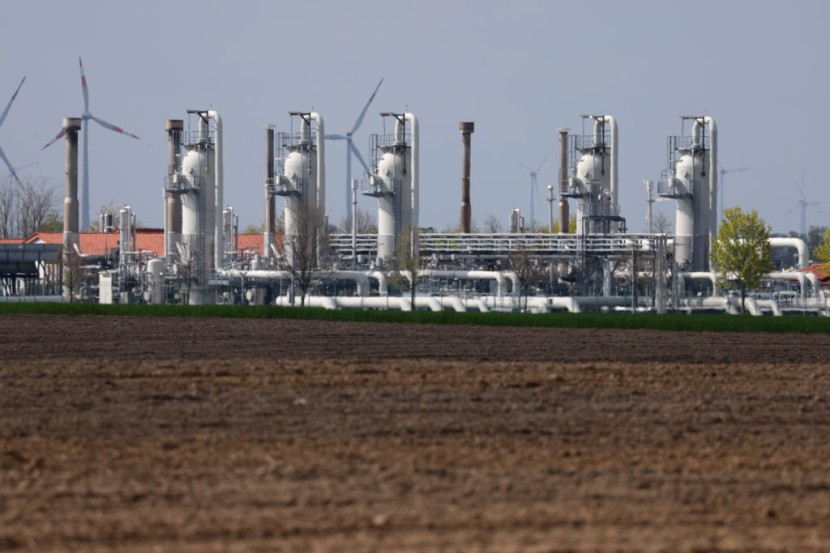
EU Members affected by the cut-off of the natural gas supplies have decided to pay rubles for the energy. Countries affected like Germany, Austria, Hungary, and Slovakia are willing to set up the ruble accounts.
The deal with the US to provide energy has not impressed most members of the European Union; they won't sacrifice energy security.
EU Members' Energy Security Is Important
According to the Financial Times, some of Europe's top energy companies want to utilize a new payment method for Russian gas deliveries mandated by the Kremlin.
Gas distributors in Germany, Austria, Hungary, and Slovakia plan to open ruble accounts at Gazprombank via Switzerland. They claim that as payment deadlines near, discussions between European buyers and Russian gas provider Gazprom have heated up, cited the Press United.
European companies would continue paying Gazprombank in euros for their imports to avoid violating the international sanctions under the new agreement.
The Russian bank, which is not subject to EU sanctions, would change euro-denominated deposits into rubles in a second account in their name for payments to the Russian gas provider.
Tiina Tuomela, the chief financial officer of Germany's Uniper, stated that the payment mechanism had been modified to comply with the sanctions law, allowing payments to proceed.
Austria's OMV also indicated that it had evaluated Gazprom's request for payment options in light of the EU sanctions and was working on a solution.
Bloomberg said the Austrian corporation denied on Wednesday that it intends to open an account in Switzerland to pay for Russian gas delivery. Many EU members cannot lose their natural gas supplies.
Austrian Chancellor Karl Nehammer called reports regarding the country's shift to paying for gas in rubles "fake news."
Gazprom's other major customer, Italy's Eni, is considering its options, according to FT sources. The company has until the end of May to settle for its next shipment of Russian materials, noted Reuters.
Russia Demands Gas Payment In Ruble
Russian President Vladimir Putin requested that 'unfriendly' governments compensate for Russian gas in rubles the previous month.
He has also cautioned that if impacted countries do not cooperate with the currency switch, they risk losing their Russian gas supply.
Gazprom shut the gas tap to Bulgaria and Poland despite the Kremlin's warning after the two countries disagreed on a new payment scheme for April supplies.
Gazprombank, Russia's primary bank in charge of European gas payments, has declined many payment requests for April and May gas deliveries to Germany and Austria, even though they were made via a ruble account.
According to persons acquainted with the situation, the bank denied the transaction because the attempted funds originated from a former Russian trading corporation that had been seized in Germany, mentioned Bloomberg.
Before April 4, when Berlin's Economy Minister Robert Habeck announced that the subsidiary would fall under the trusteeship of the German energy regulator until September 30, the Gazprom Marketing & Trading Limited (GM&T) was managed by Russia's Gazprom Germania Group.
The move was supposed to guarantee the nation's energy supplies in the middle of Europe's unprecedented crisis, which has been exacerbated by sanctions on Russia, the region's largest supplier of gas.
According to reports, the denied payment is part of a medium-term deal to supply seven terawatt-hours of gas by the end of 2023.
Four EU members have decided to pay their natural gas supplies in rubles bypassing sanctions and making Brussels unnerved that there's nothing they can do.
Related Article: Vladimir Putin Declares Western Alliance Failed Economic Blitzkrieg Against Russia as It Backfired on Them Instead








